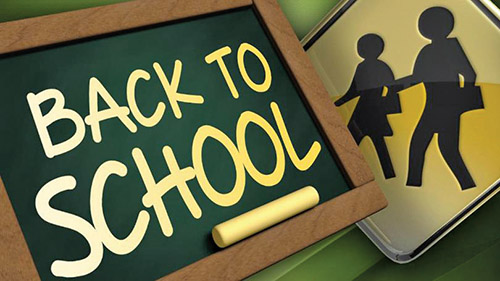
Ethics can be described as the nexus that connects law and philosophy. When there is a conflict or a dilemma that presents itself when attempting to navigate a law that seems to be in conflict with other important values, ethics steps in to mediate. The classic example is illustrated by the case of a person who is seriously ill on Shabbos and needs to go to the hospital, which would involve violating major Biblical prohibitions. The ethico-halachic answer is that we violate one Shabbos so that this person may observe future Shabbosim. It is not merely a suggestion, it is what is mandated by the halacha. The ethical understanding is what drives the law.
Similarly, one may excavate a building collapse on Shabbos to see if the person buried is alive. These and other examples reflect the legal principle of the primacy of life over all else. We do not endanger our own lives or the lives of others no matter what the reason. The only three exceptions are murder, immorality and idolatry.
There is a wonderful website, https://www.kolcorona.com/, which is a repository of hundreds of responsa by leading rabbinic authorities here and in Israel concerning a wide variety of practical answers to questions about many practices in Jewish life that need to be curtailed because of the coronavirus epidemic. In every case concerning minyanim, opening of shuls, Zoom services, kinot, piyyutim, sefirah, Three Weeks, weddings, haircuts etc., these poskim universally and overwhelmingly have issued rulings that basically state that health and preservation of life take precedence over all normative halachic practices.
We can argue that our children need to be in school, if only to allow parents to go back to work. We can argue that our children have irretrievably lost so much since schools closed, despite Zoom learning. We can make many cogent arguments to open school in the fall, despite the onerous and expensive guidelines for doing so issued by the Centers for Disease Control.
The problem is, however, notwithstanding all the precautions, we know a certain percentage of either teachers, students or school employees will contract COVID-19. Are we willing to play Russian roulette with our children and school personnel? Schools can control their own environment but not that of everyone who enters and then goes home every day and encounters many others. It is an exponential hazard. Will every school hew to a fixed set of guidelines? Assuming all the safety precautions are put into place, is there a communally standardized number of test-positive individuals or, chas v’shalom, deaths that is acceptable? What is the ethical answer to this dilemma? Will the decision be based on pragmatism, state or local guidelines or a halachic ruling?
The debate is centered around the effect on the economy and health services, and the impact of alternative childcare arrangements (e.g., children being looked after by grandparents), but this decision has also raised major questions regarding teachers’ safety. Some teachers may have health conditions such as diabetes, asthma and other respiratory problems. Some may be in remission from cancer. Some are grandparents themselves. Flu is dangerous to women in early pregnancy; is this disease any different? Sure we can go to Wal-Mart or Home Depot, but not for seven hours a day, five days a week. People are being advised to work from home, if possible, even if they work in an office of fewer than 10 people. Why are schools where there might be hundreds of people in a building treated differently?
Many teachers’ unions and superintendents’ associations in the public sector are calling for restraint. Their call is echoed by the Infectious Diseases Society of America, the HIV Medicine Association and the American Academy of Pediatrics.
This pandemic is far from over. Every adult and child is at risk. There are legitimate economic and educational issues involved in this decision. There are also serious health questions and halachic concerns to be addressed. Much discussion needs to take place with leading medical authorities, educators and parents. Halachic guidance is also needed.
Rabbi Wallace Greene has had a distinguished career as a day school principal, administrator and consultant.










